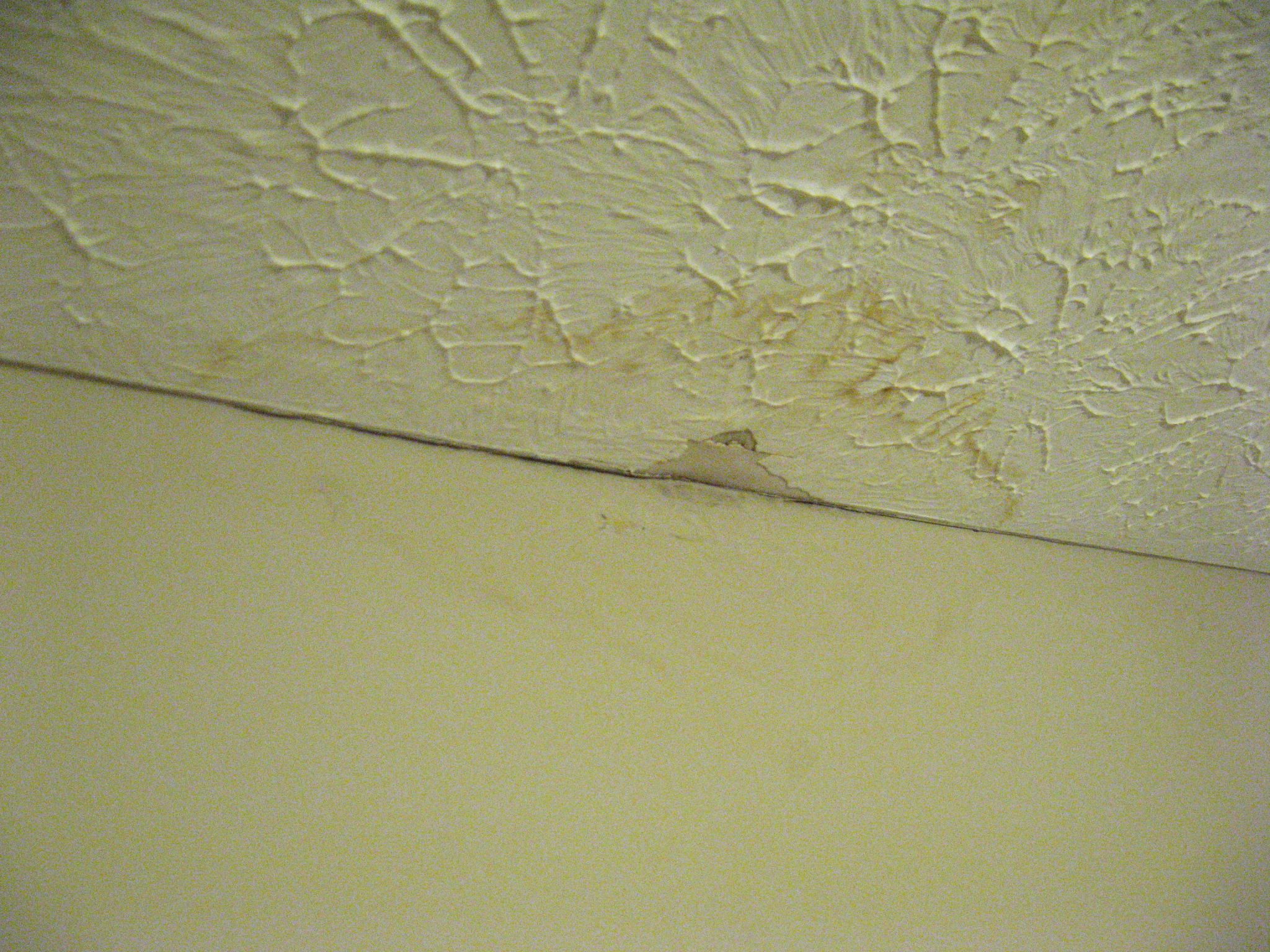Pinpoint Six of the Most Reasons for Leakage in Your Residence
Pinpoint Six of the Most Reasons for Leakage in Your Residence
Blog Article
What are your insights and beliefs on Most Common Causes of Leaky Pipes?

Leakages not only trigger waste of water yet can also trigger unneeded damages to your residence as well as promote undesirable organic development. Unfortunately, water leakages may go undetected since the majority of the pipework in our residence is concealed. By looking and recognizing for day-to-day scenarios that trigger leaks, you can secure your house from future leaks and also unnecessary damages. Today, we will take a look at 6 leak creates that might be creating your pipes to trickle.
Instantaneous temperature level changes.
Extreme temperature adjustments in our pipelines can cause them to expand and also get suddenly. This development and contraction may create cracks in the pipelines, especially if the temperature level are listed below freezing.
Corroded water supply
As time passes by, your plumbing system ages as well as deterioration such as corrosion may begin gnawing the pipes. This might be the source of staining or bending on your pipes. This asks for an assessment with your plumber promptly. Think about changing the pipelines considering that they are at a greater risk of rust than the more recent models if our plumbing system is old.
Defective Pipe Joints
The factor at which your pipes connect is regularly the weakest web link in the waterline. Pipe joints can wear away over time, resulting in water leakages. The majority of pipeline joints are not easily noticeable. If you have noisy pipelines that make ticking or banging sounds, specifically when the hot water is activated, your pipeline joints are probably under a lot of pressure. It is a good idea to have your plumber inspect your system yearly.
Intruding roots
The majority of water leakages start outside the house instead than inside it. You could see wet patches or sinkholes in your backyard, and that may indicate that tree origins are invading water lines triggering water to permeate out.
Poor Water Connectors
At times, a leak can be triggered by loose hose pipes and pipelines that provide your home appliances. More often than not, changing is what causes the loosened water Links. You might locate when it comes to a cleaning maker, a pipe might spring a leak due to trembling during the spin cycle. In case of a water links leakage, you may see water running straight from the supply line or puddles around your home appliances.
Blocked Drains
Clogged drains pipes could be aggravating and inconveniencing, but they can sometimes wind up creating an overflow bring about rupture pipes. Maintain eliminating any kind of materials that may decrease your drains that might clog them to avoid such troubles.
All the above are causes of leakages however not all water leakages arise from plumbing leaks; some leaks could originate from roofing system leakages. All leakages ought to be fixed immediately to stay clear of water damages.
Leaks not only create waste of water but can additionally create unnecessary damages to your home as well as promote undesirable organic growth. By comprehending as well as looking for day-to-day circumstances that cause leakages, you can protect your house from future leaks and unneeded damages. Today, we will look at six leak causes that might be causing your pipelines to leak.
At times, a leak can be created by loose pipes as well as pipes that supply your devices. In instance of a water connections leakage, you might notice water running straight from the supply line or pools around your appliances.
How To Check For Water Leak In Your Home
How To Check for Leaks
The average household's leaks can account for nearly 10,000 gallons of water wasted every year and ten percent of homes have leaks that waste 90 gallons or more per day. Common types of leaks found in the home are worn toilet flappers, dripping faucets, and other leaking valves. These types of leaks are often easy to fix, requiring only a few tools and hardware that can pay for themselves in water savings. Fixing easily corrected household water leaks can save homeowners about 10 percent on their water bills.
To check for leaks in your home, you first need to determine whether you're wasting water and then identify the source of the leak. Here are some tips for finding leaks:
Take a look at your water usage during a colder month, such as January or February. If a family of four exceeds 12,000 gallons per month, there are serious leaks.
Check your water meter before and after a two-hour period when no water is being used. If the meter changes at all, you probably have a leak.
Identify toilet leaks by placing a drop of food coloring in the toilet tank. If any color shows up in the bowl after 10 minutes, you have a leak. (Be sure to flush immediately after the experiment to avoid staining the tank.)
Examine faucet gaskets and pipe fittings for any water on the outside of the pipe to check for surface leaks.
Undetected water leaks can happen without the home or business owner even realizing. If you suspect a water leak, but not able to find the source. It is time to contact a professional water leak detection service, The Leak Doctor.
How To Find a Water Leak In Your Home
https://www.leakdoctor.com/blog/How-To-Check-For-Water-Leak-In-Your-Home_AE197.html

Hopefully you liked our part about How to detect water leaks in your home. Thank you for taking time to browse our content. Loved our write up? Please share it. Help others check it out. Many thanks for taking the time to read it.
Contact for excellence. Report this page